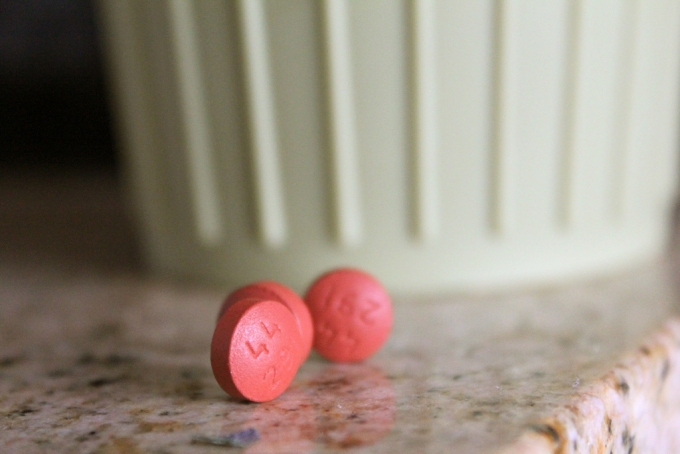A commonly used anti-inflammatory drug may successfully treat Alzheimer's disease by reversing memory loss and brain inflammation, a new study claims.
Mefenamic acid, a common Non-Steroidal Anti Inflammatory Drug (NSAID), is routinely used for period pain, researchers said.
Researchers led by David Brough from University of Manchester in the UK for the study used transgenic mice that developed symptoms of Alzheimer's disease.
One group of 10 mice was treated with mefenamic acid, and 10 mice were treated in the same way with a placebo. The mice were treated at a time when they had developed memory problems and the drug was given to them by a mini-pump implanted under the skin for one month. Memory loss was completely reversed back to the levels seen in mice without the disease, researchers said.
Though this is the first time a drug has been shown to target this inflammatory pathway, highlighting its importance in the disease model, researchers caution that more studies are needed to identify its impact on humans, and the long-term implications of its use.
"There is experimental evidence now to strongly suggest that inflammation in the brain makes Alzheimer's disease worse," said Brough. "Our research shows for the first time that mefenamic acid, a simple Non-Steroidal Anti Inflammatory Drug can target an important inflammatory pathway called the NLRP3 inflammasome, which damages brain cells," he said. "Until now, no drug has been available to target this pathway, so we are very excited by this result," Brough added.
The findings were published in the journal Nature Communications.
(With agency input)

